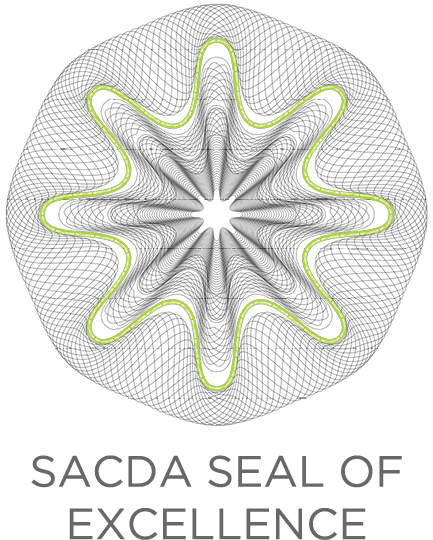Original Research
Developing a self-directed career guidance intervention for South African high school learners amidst severe COVID-19 restrictions
Submitted: 24 June 2021 | Published: 10 December 2021
About the author(s)
Michelle Jäckel-Visser, Department of Industrial Psychology, Faculty of Economic and Management Sciences, Stellenbosch University, Stellenbosch, South AfricaStephan Rabie, Department of Psychiatry and Mental Health, Faculty of Health Sciences, University of Cape Town, Cape Town, South Africa
Anthony V. Naidoo, Department of Psychology, Faculty of Arts and Social Sciences, Stellenbosch University, Stellenbosch, South Africa
Izanette van Schalkwyk, Department of Psychology, Faculty of Arts and Social Sciences, Stellenbosch University, Stellenbosch, South Africa
Francois J. van den Berg, Department of Psychology, Faculty of Arts and Social Sciences, Stellenbosch University, Stellenbosch, South Africa
Chantel Streicher, Department of Psychology, Faculty of Arts and Social Sciences, Stellenbosch University, Stellenbosch, South Africa
Abstract
Background: South African schools have been severely impacted by the coronavirus disease 2019 (COVID-19) pandemic in 2020. State-imposed restrictions to mitigate the spread of the infection have significantly limited direct interpersonal contact, curtailing the existing career guidance and counselling activities in schools. Crucially, in low-income settings, the social distancing regulations implied that in a year of increasing anxiety and uncertainty, many high school learners would have had to make important career-related decisions with limited or no tacit career guidance.
Objectives: In response to these challenges, this study developed a self-directed career guidance intervention to provide continued career guidance support for Grade 9 learners amidst the unfolding global pandemic.
Method: A cross-sectional mixed-methods design was employed to evaluate feasibility and acceptability of the intervention amongst a sample of 498 learners across eight high schools in the Cape Winelands district, Western Cape province, South Africa.
Results: Favourable quantitative results were obtained assessing learners’ experiences of participating in the intervention and on the perceived impact of the intervention on their career preparedness. Participants reported a mean score of 41.25 (out of 50) for acceptability of the intervention. In addition, they reported a mean score of 17.1 (out of 20) for perceived impact of the intervention on their career preparedness. In terms of feasibility, qualitative findings revealed that the intervention improved learners’ self-knowledge and career directionality.
Conclusion: The mixed-methods results confirm the feasibility and utility of implementing a self-directed career guidance intervention amongst secondary school learners. Whilst learners reported positive evaluations of the self-directed career guidance booklet, they also expressed the need for one-on-one or group engagement with the intervention content.
Keywords
Metrics
Total abstract views: 2471Total article views: 2660
Crossref Citations
1. Influence of career orientations and career guidance need on students’ employability attributes
Melinde Coetzee, Margaret Mosima Ngope
Journal of Psychology in Africa vol: 33 issue: 4 first page: 358 year: 2023
doi: 10.1080/14330237.2023.2240107
